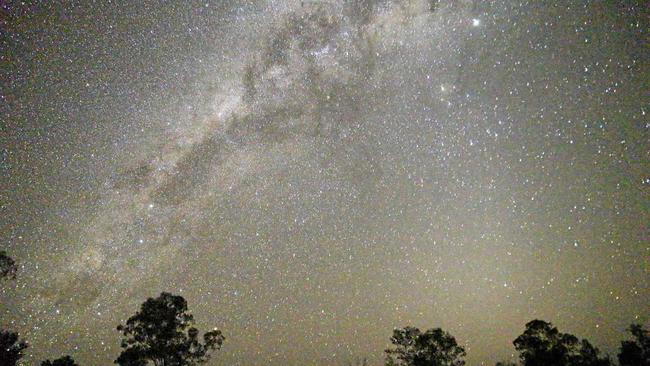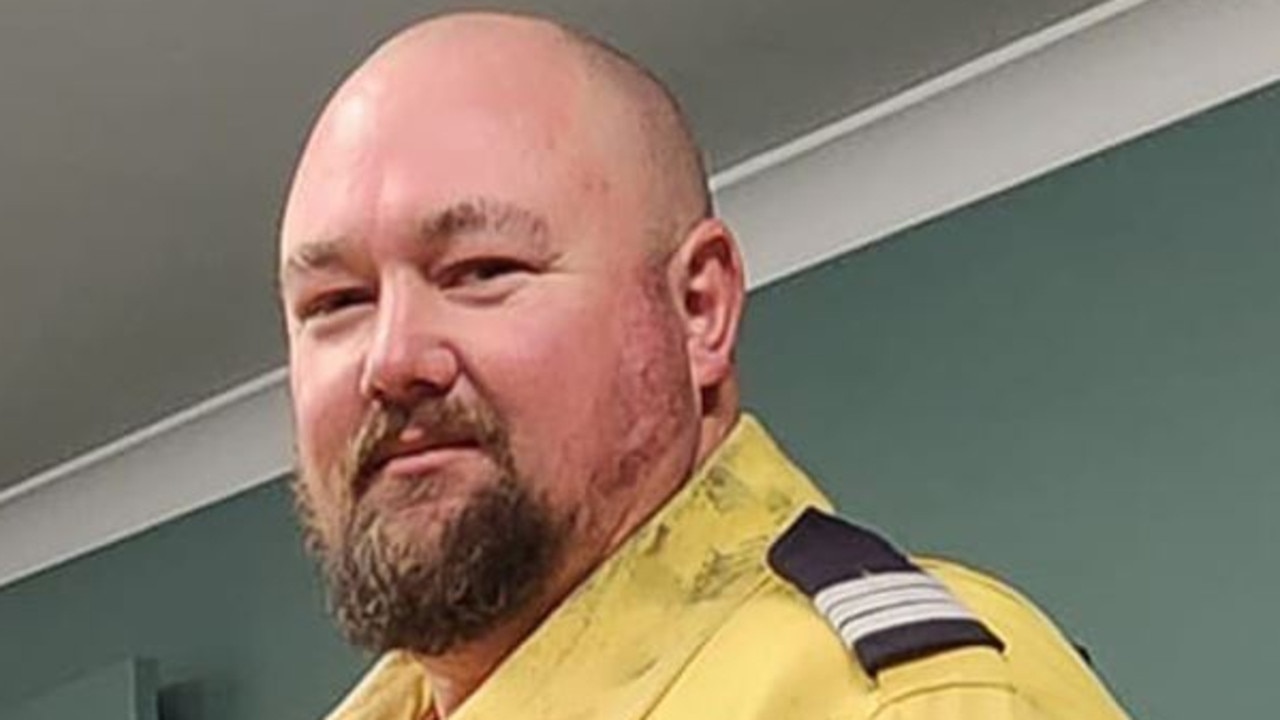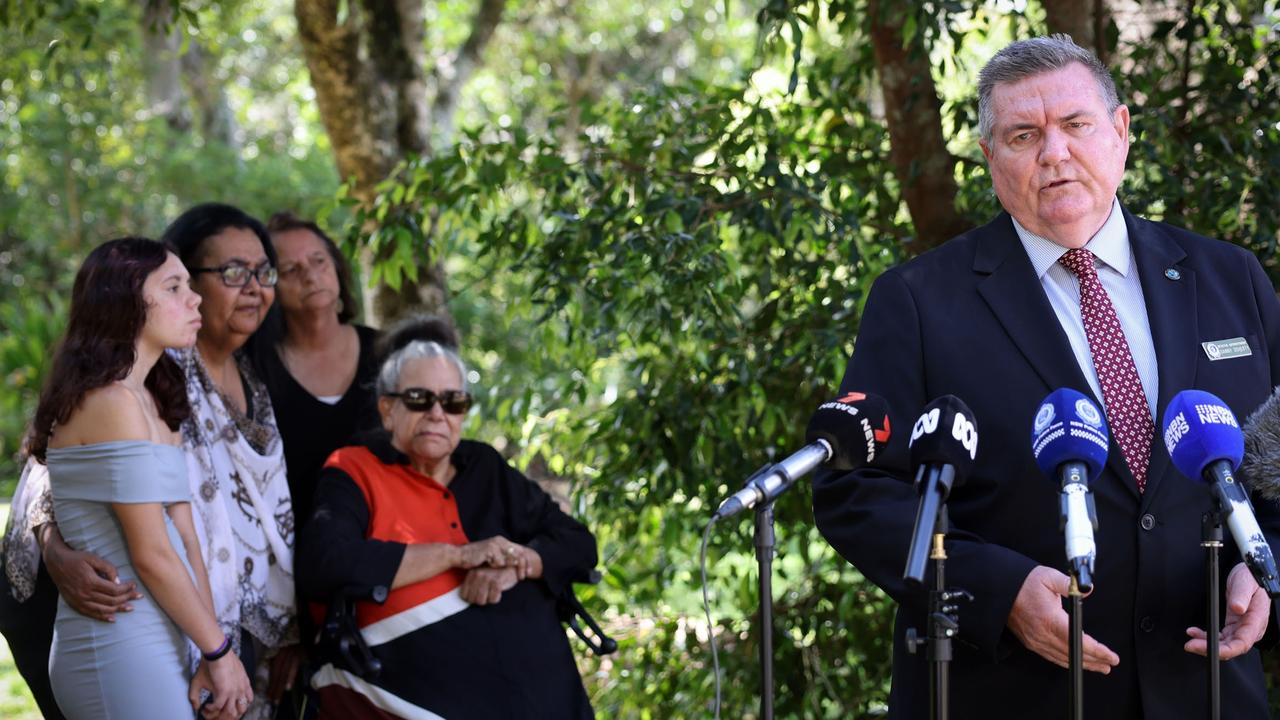How Toowoomba is poised to help Mars mission
Toowoomba could play a vital role in humanity's mission to Mars.

Coffs Harbour
Don't miss out on the headlines from Coffs Harbour. Followed categories will be added to My News.
TOOWOOMBA could play a vital role in humanity's mission to Mars.
At the weekend Prime Minister Scott Morrison, who was in Washington DC meeting US President Donald Trump, announced the Federal Government would contribute $150 million through to Australian Space Agency to working with NASA on the upcoming Artemis mission to Mars.
The University of Southern Queensland's Institute of Advanced Engineering and Space Science executive director Professor Peter Schubel said there was a new space race happening at the moment, and Toowoomba was well poised to be a part of it.
"USQ's Mount Kent Observatory is the only dedicated observatory in the Southern Hemisphere for NASA's TESS Mission and for space debris monitoring," he said.
"With regards to space debris monitoring, for any launches we must have an understanding of what you have to punch through in terms of the atmosphere and avoiding debris."
Prof Schubel said the university had also invested in a static rocket testing and manufacturing, with a facility being planned for Helidon.
"We're still waiting for planning permission on those, but a site has been identified and we're just going through the process with the Department of State Development and local council to ensure we have all the certifications in place," he said.
"The rocket static test facility is not a launch facility, but it is allowing us to test rockets, to proof them, before they go to launch. There'll also be a rocket manufacturing facility."

Mr Schubel said there were three stages to the testing and manufacturing facility. The first will investigate rockets with up to 200 kilonewtons of thrust, enough to get a satellite and payload into geostationary orbit. The next two stages will look at much larger, more complex rockets and the fuels they require. He said space exploration and research was important as the technology developed through it filtered down into everyday life, such as GPS.
"If we didn't have space research and exploration then people wouldn't have things like GPS in cars," he said.
"Technologies that get us to Mars will filter down into the general public as new technologies that today we can't even perceive what they will be.
"In 10 to 20 years time there will be an added benefit to the community in general from space activity."
Originally published as How Toowoomba is poised to help Mars mission



